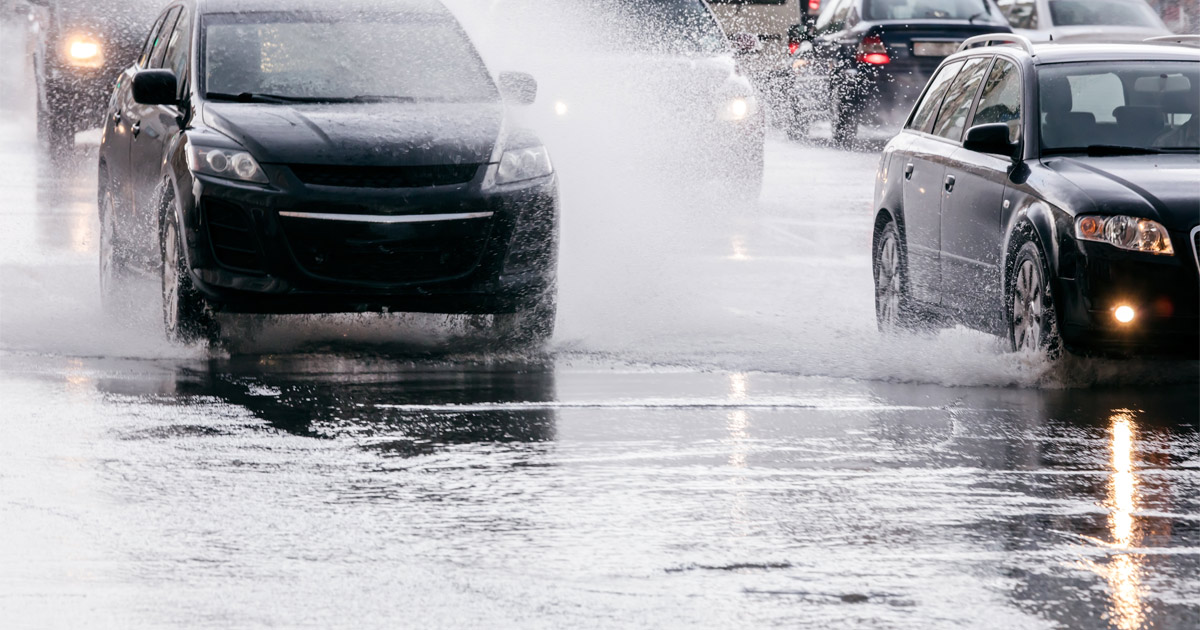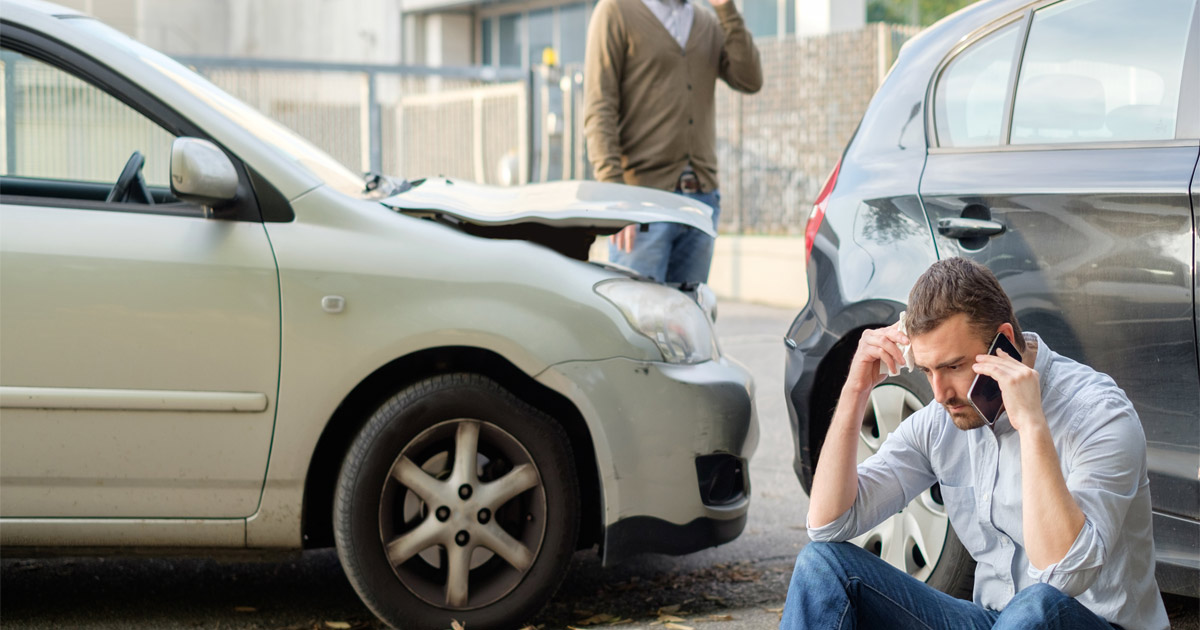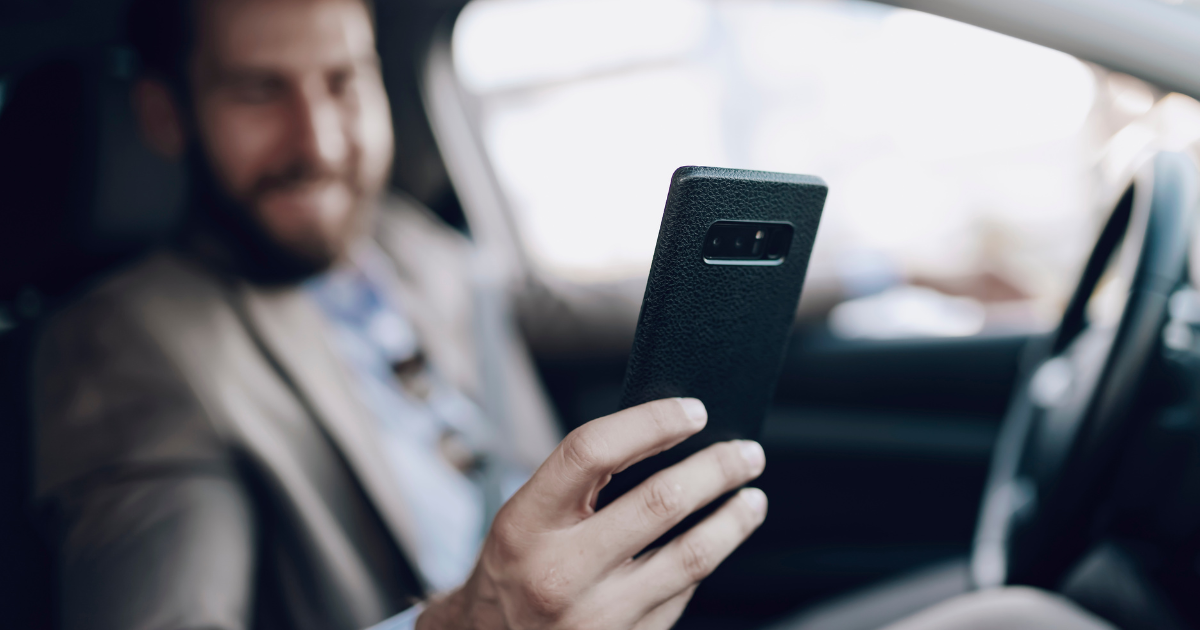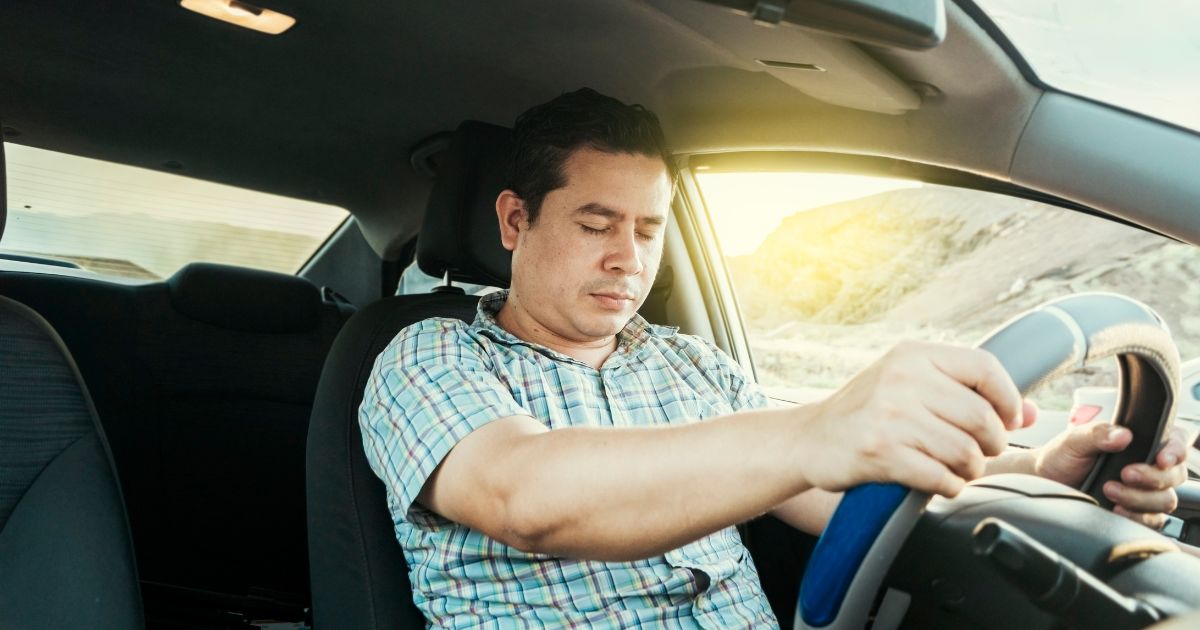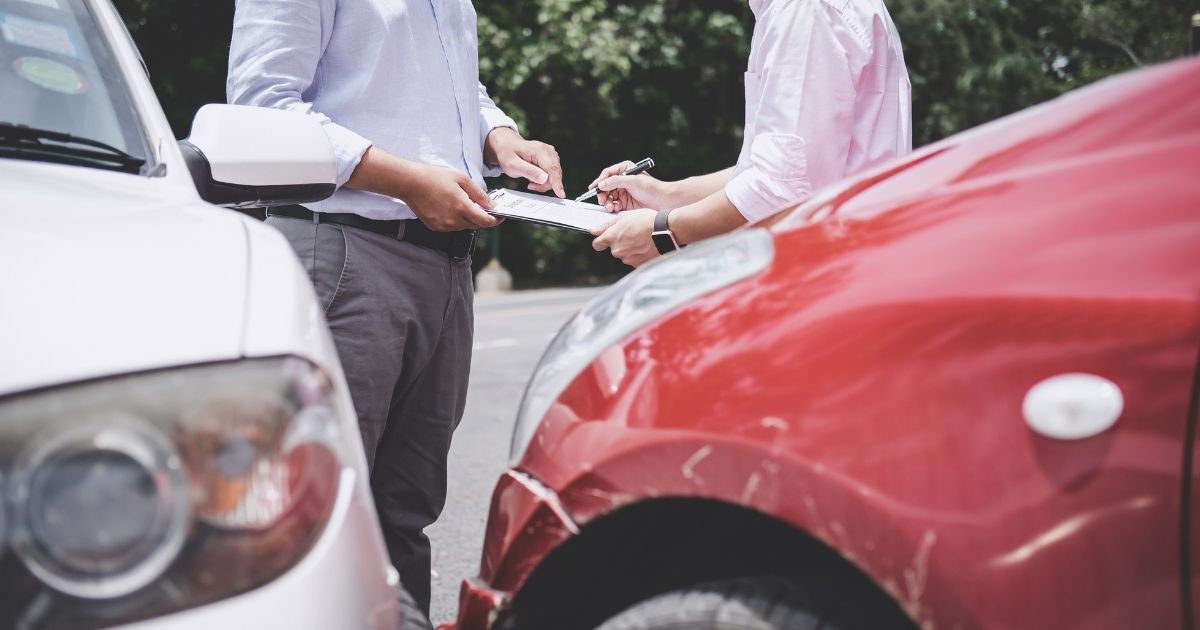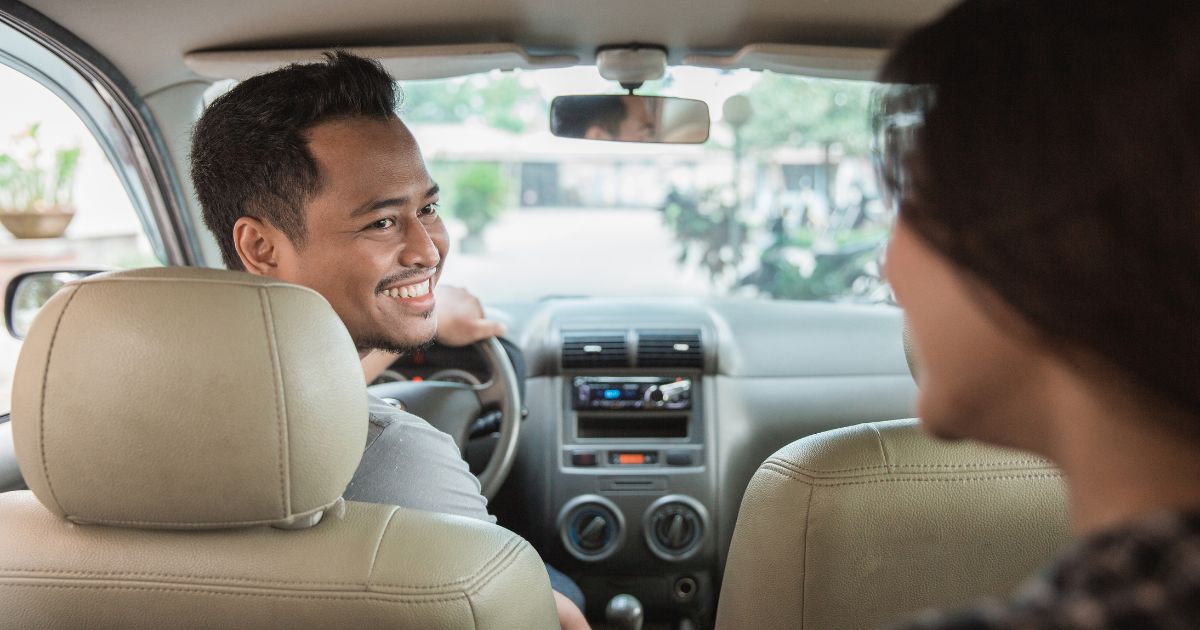How Do Weather Conditions in Savannah Increase the Risk of Car Accidents?
There are close to 1,235,000 weather-related vehicle crashes in this country every year, and not all of them are caused by snow or ice. Savannah residents are not immune to these kinds of car accidents, and understanding the dangers and defensive driving practices can minimize the risks. These weather conditions can be more dangerous than you think; keep reading to see how they cause crashes.
How Does Rainfall Affect Driving Safety in Savannah?
Rain is one of the most common weather conditions that impact traffic safety in Savannah. When it begins to rain, oil residue on the roads rises to the surface, creating slick conditions that can cause tires to lose traction. Hydroplaning becomes more likely when water pools on the roadway, especially in low-lying areas or where drainage is poor.
In addition to reducing tire grip, rain also impairs visibility. Windshields can fog quickly in humid conditions, and heavy rainfall can obscure road markings, traffic signs, and signals. Drivers may misjudge the distance between vehicles or fail to see vehicles braking ahead, leading to rear-end collisions or lane departures.
Traffic volume often increases during storms due to slower travel speeds and cautious behavior, but not all motorists adapt appropriately. Some may continue driving at unsafe speeds or make sudden movements, increasing the risk of collisions.
Can Fog Lead to More Accidents?
Fog is a regular occurrence in coastal regions like Savannah, particularly during early mornings and late evenings. Reduced visibility caused by fog can drastically affect a driver’s ability to detect hazards in time to respond safely. Drivers may fail to notice other vehicles, pedestrians, or debris on the road until it is too late.
The disorientation that often accompanies thick fog can cause motorists to drift out of lanes or misjudge the location of intersections. Multi-vehicle collisions may occur if one driver abruptly slows or stops due to low visibility, and others cannot respond in time. Fog can also interfere with headlight function, especially when high beams are used improperly.
How Do Thunderstorms Contribute to Roadway Hazards?
Thunderstorms are frequent in this part of Georgia, especially during warmer months. Strong winds, heavy rainfall, and sudden lightning strikes create hazardous driving conditions. Trees or branches may fall into roadways, and power outages may disable traffic lights, causing confusion at intersections.
Lightning can also startle drivers or interfere with visibility when it strikes close to roadways. Flash flooding is another serious concern during storms – even a few inches of standing water can cause a vehicle to stall or veer off the road. Drivers who underestimate the depth of floodwaters may become stranded or lose control of their vehicles.
Are Coastal Winds a Risk Factor for Drivers?
While not as dramatic as thunderstorms, strong winds can also impact vehicle stability. High-profile vehicles like trucks, vans, or SUVs are particularly vulnerable. Gusts may push these vehicles out of lanes or cause them to sway unexpectedly, especially on bridges or open stretches of road.
Even for smaller vehicles, sudden wind shifts can make steering more difficult. Blowing debris or sand can further impair visibility and cause drivers to make abrupt movements, which increases the potential for sideswipe accidents or collisions with fixed objects.
Drivers may also misjudge how wind affects their braking or turning capabilities. A sudden gust while turning can push a vehicle off course, especially if road surfaces are wet or uneven.
Defensive Driving in Savannah Weather
Defensive driving techniques are one of the most effective strategies for reducing crashes. We recommend maintaining greater following distances, using headlights appropriately, and reducing speed when visibility or traction is compromised. Awareness of surrounding vehicles, road conditions, and weather changes allows for quicker decision-making and safer responses.
Avoiding sudden braking or sharp turns can help maintain control, especially during heavy rain or strong winds. Remaining calm, focused, and prepared for unexpected hazards is key to staying safe when driving in the challenging weather conditions common to the region.
No Matter the Weather, Our Savannah Car Wreck Lawyers at Kicklighter Law Advocate for Safe Driving
From heavy rainfall and fog to coastal winds, Savannah’s weather patterns introduce hazards that cause accidents. Contact Kicklighter Law to discuss your situation and see how experienced legal representation may help you pursue compensation. To learn more, call our Springfield, Georgia, office at 912-754-6003 or submit our online form. Our Savannah car wreck lawyers help clients in Springfield, Effingham County, Savannah, and surrounding areas.

